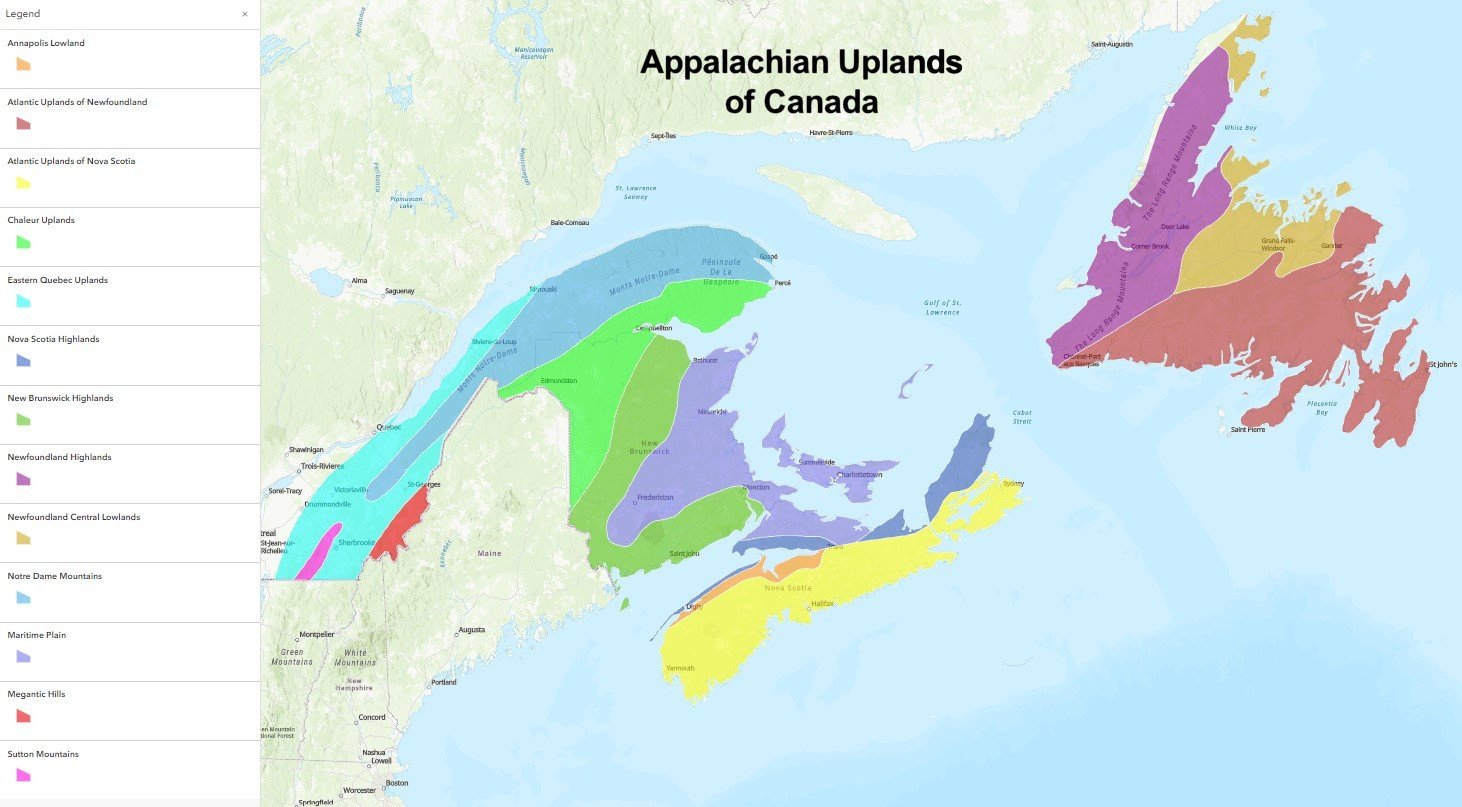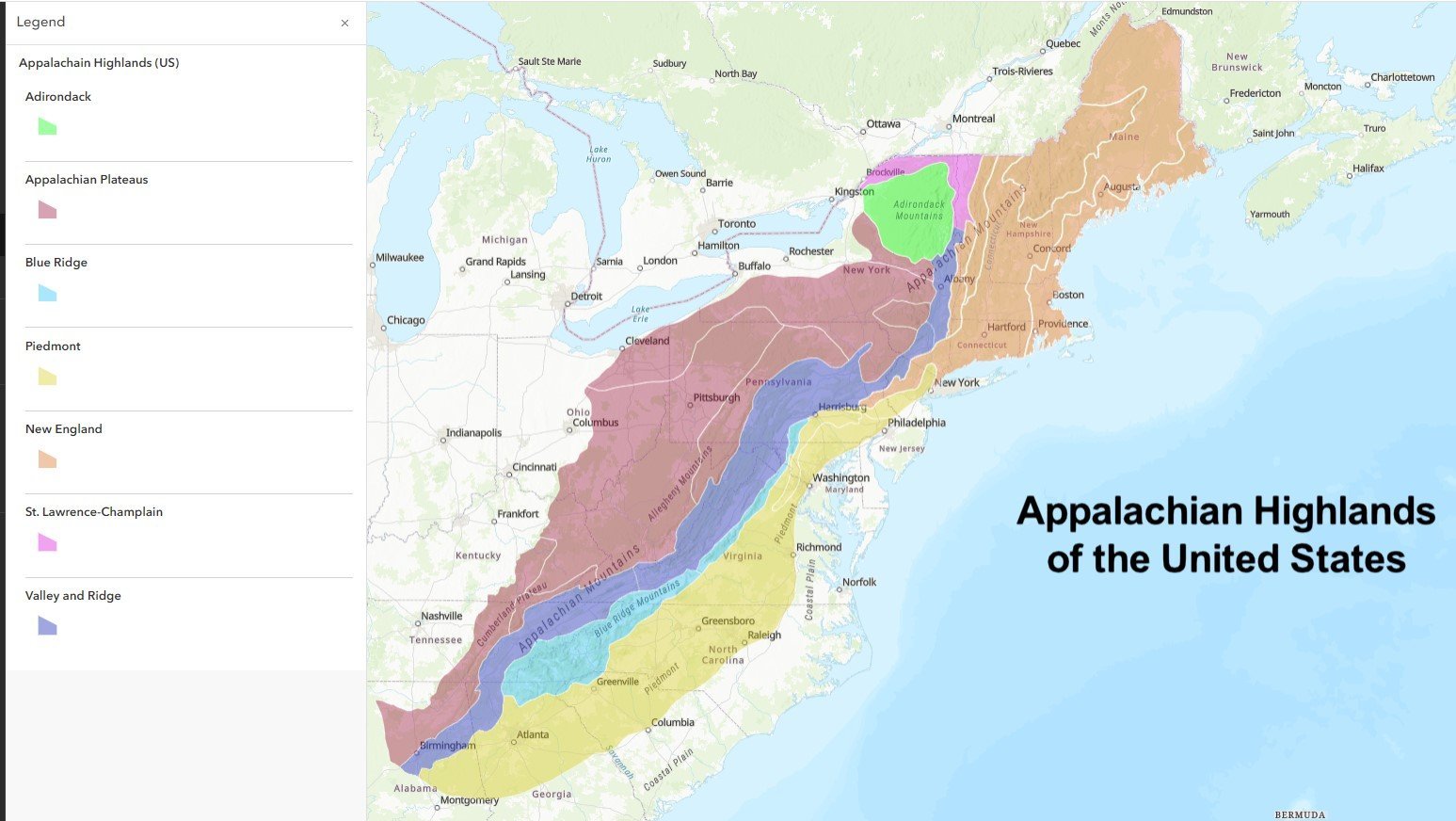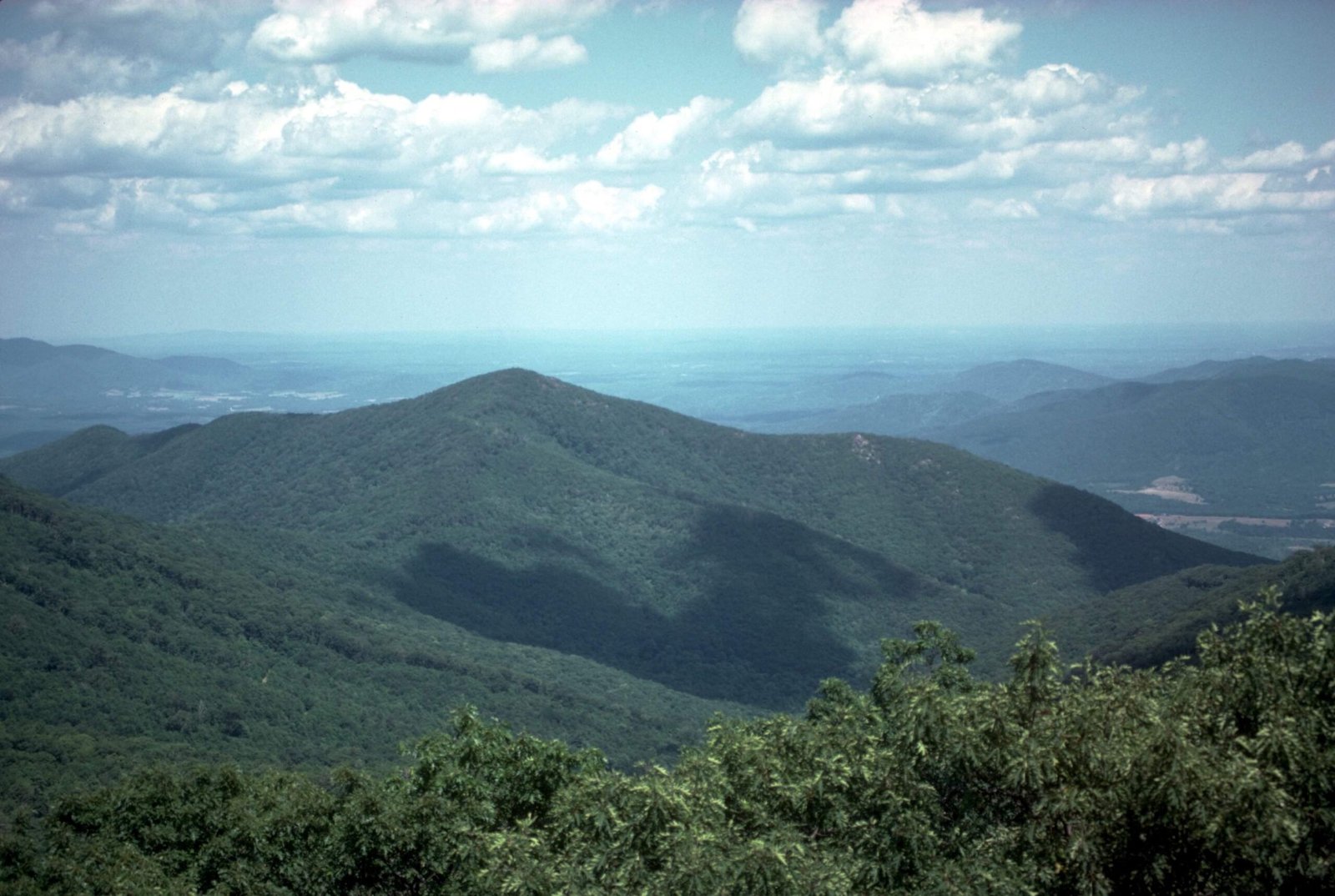RV camping along the Appalachian Trail offers adventurers a unique opportunity to explore breathtaking mountain landscapes, diverse ecosystems, and historic trail routes. Stretching over 2,190 miles through 14 states, this iconic trail provides numerous access points and nearby campgrounds for RV enthusiasts seeking wilderness experiences, scenic views, and outdoor recreation. From Tennessee’s Great Smoky Mountains to Pennsylvania’s Blue Mountains, RV travelers can discover multiple campgrounds with full amenities and strategic trail access.
What Makes RV Camping Along the Appalachian Trail Unique?

RV camping in the Appalachian Mountains presents distinctive challenges and opportunities compared to traditional camping. The terrain, elevation changes, and diverse ecosystems create a dynamic environment for outdoor enthusiasts.
Key Characteristics of Appalachian Trail RV Camping
| Feature | Description | Difficulty Level |
|---|---|---|
| Terrain | Mountainous, varied elevation | Moderate to High |
| Road Access | Limited narrow mountain roads | Challenging |
| Campground Availability | Scattered, strategic locations | Moderate |
| Seasonal Accessibility | Varies by region and elevation | Variable |
Where Can You Find the Best RV Campgrounds?

Top RV Campground Locations
- Appalachia Ridge RV Campground, Tennessee
- Located near Great Smoky Mountains
- Full hook-up sites with 50/30 amp service
-
Amenities include:
- Modern bathhouse
- 24-hour laundry
- Dog park
- Wi-Fi connectivity
-
Appalachian RV Resort, Pennsylvania
- Situated in Blue Mountains foothills
- 357 spacious campsites
- Features include:
- Swimming pool
- Fishing pond
- Hiking trails
- Mini golf
- On-site restaurant
What Are the Camping Regulations?
RV camping along the Appalachian Trail involves navigating complex regulations that vary by location and land management agency. Key considerations include:
- Camping restricted to designated sites in national parks
- Dispersed camping allowed on US Forest Service lands
- No universal permit required, but registration recommended
- Seasonal restrictions may apply
- Size limitations for RVs at specific campgrounds
How to Plan Your RV Route?
Strategic Access Points
Successful RV camping requires careful route planning:
- Use highways intersecting the trail: US-441, I-40, US-222
- Check road conditions and RV accessibility
- Consider vehicle size and mountain road limitations
- Plan fuel and supply stops in advance
What Amenities Can You Expect?
Campground Services
Most Appalachian Trail RV campgrounds offer:
- Water and electrical hookups
- Sewer connections
- Dump stations
- Wi-Fi access
- Recreational facilities
- Fire pit areas
Pro Tips for RV Camping Success
- Verify campground reservations in advance
- Check seasonal operating hours
- Prepare for variable mountain weather
- Carry emergency repair equipment
- Respect environmental guidelines
Cost Considerations
RV camping costs along the Appalachian Trail vary:
– Nightly rates: $30-$75
– Seasonal sites: Discounted rates available
– Additional fees for amenities
– Some campgrounds offer annual memberships
Safety and Preparation
Essential Packing List
- Detailed trail maps
- GPS device
- First aid kit
- Emergency communication tools
- Weather-appropriate clothing
- Backup power sources
Recommended RV Camping Months
| Region | Best Months | Considerations |
|---|---|---|
| Southern | April-October | Mild temperatures |
| Mid-Atlantic | May-September | Peak hiking season |
| Northern | June-September | Short summer window |
Final Recommendations
RV camping along the Appalachian Trail requires thorough preparation, flexibility, and a spirit of adventure. Research specific campground regulations, plan your route meticulously, and embrace the unique mountain camping experience.

